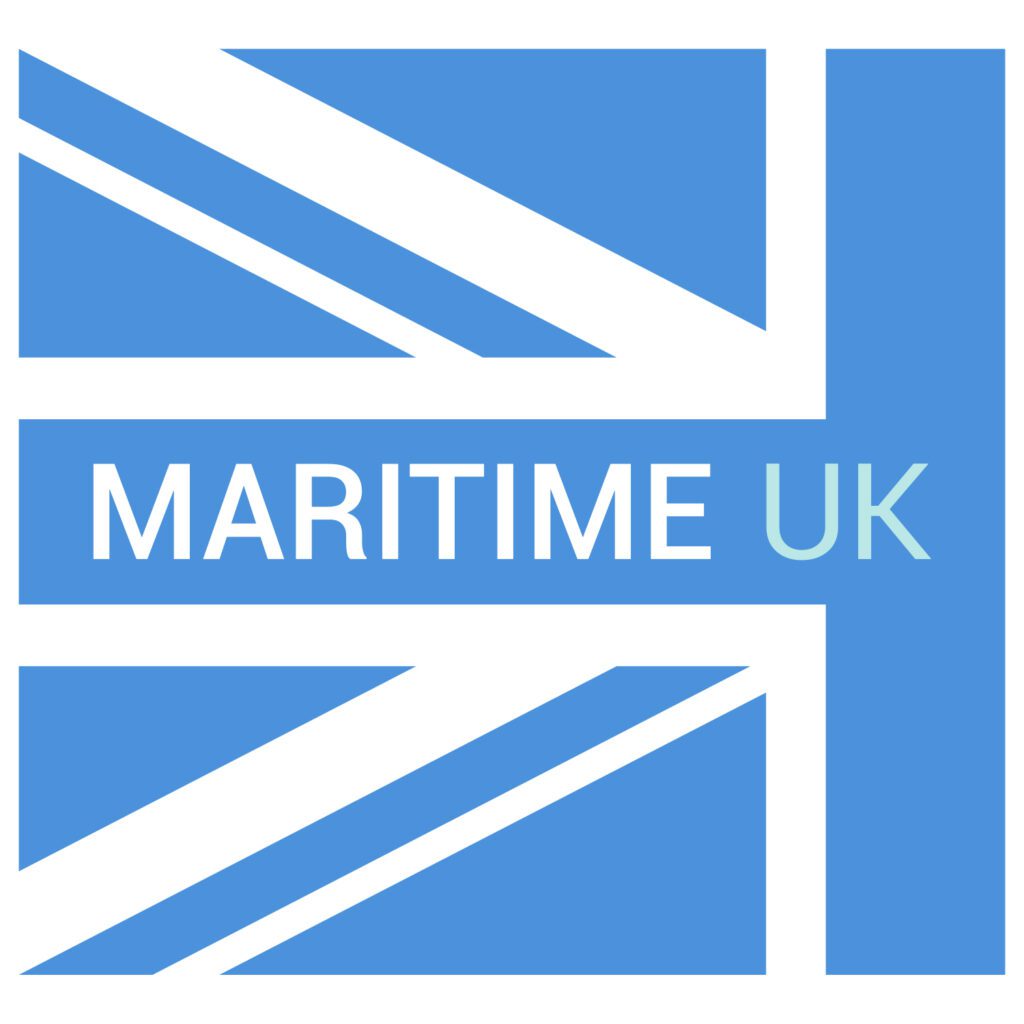Maritime Skills Commission releases Seafarer Cadet Review Report

Seafarer training must be funded by government to remain internationally competitive
Government must overhaul funding for seafarer training and courses must be modernised for UK talent to remain competitive in the global shipping sector, according to a new report by the Maritime Skills Commission (MSC).
The report recommends that seafarer officer training should be fully funded by government and cadets given access to modern technology, such as simulators and blended learning tools, for the UK to maintain its leadership in maritime expertise and attract global investment.
The MSC also recommends that the industry should encourage more applicants to have university degree or equivalent levels of education, and ensure ‘Standards of Training, Certification, and Watchkeeping’ (STCW) qualifications are the minimum standard for all recruits.
Set up by Maritime UK and the Department for Transport in 2020, the MSC aims to ensure the UK’s maritime industry has the talent to serve the sector and compete with the rest of the world.
Sarah Kenny, Chair of Maritime UK, said:
“Maritime is set for one of the most exciting periods of growth in its history, with green, digital and AI powered waves sweeping through the global industry.
“As an island nation, maritime is the fundamental enabler of national prosperity. Seafarers are at the heart of our maritime success – from working at sea to coming ashore and driving our world-leading professional services.
“The UK has a global reputation for its maritime education and training. To maintain that position, we must constantly assess our position and remain one step ahead. I commend the Commission for its leadership on this review and look forward to working with the sector to implement its recommendations.”
Robert Courts MP, Maritime Minister, said:
“Britain has long been a leader in maritime and as we move into a world of greater innovation and automation, we must ensure that our seafarers have the skills they need to thrive in the 21st Century.
“As we look to this year’s International Day of the Seafarer, the Maritime Skills Commission report sets out how we can refresh the current training programme to keep our Merchant Navy at the forefront of maritime innovation for years to come.”
The Commission is chaired by Graham Baldwin, Vice-Chancellor at the University of Central Lancashire. The MSC’s review was overseen by a working group of Commissioners and chaired by Brian Johnson (Chair), Chief Executive of the Maritime and Coastguard Agency.
Brian Johnson, Chief Executive of Maritime and Coastguard Agency and Commissioner, said:
“We are proud of the UK’s position internationally in the maritime world. As the international shipping world looks to make some huge changes over the coming decades, UK officers will play an increasingly important role in managing that transition. This report outlines how the training that UK Officers receive at the start of their careers will adapt to fully equip them with the skills to take on this key leadership.”
MSC considered evidence from Lloyds Register, covering the likely trajectory of technology transformation in shipping. The panel also received submissions from the Department of Transport covering the current funding mechanisms for cadet training, alongside a full survey of current cadets through Nautilus International.
Graham Baldwin, Chair of Maritime Skills Commission, said:
“The Maritime Skills Commission is delighted to launch the report of the Seafarer Cadet Review today and I commend the work of Brian Johnson and the working group for leading on it.
“There are some exciting recommendations aimed at further improving cadet education and training and the Commission is committed to working with key stakeholders to ensure that the recommendations are delivered.”











Responses